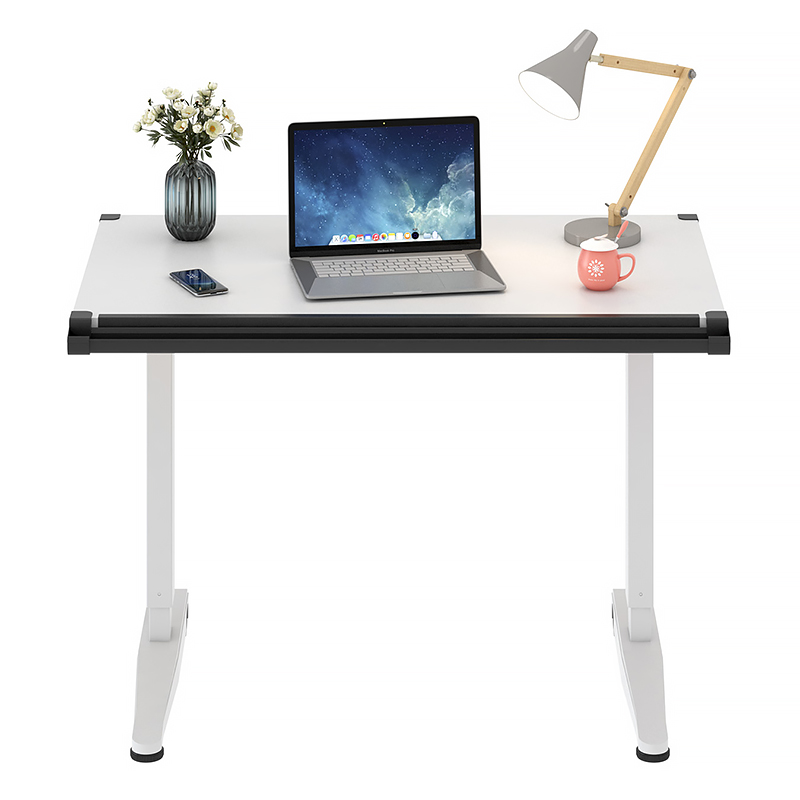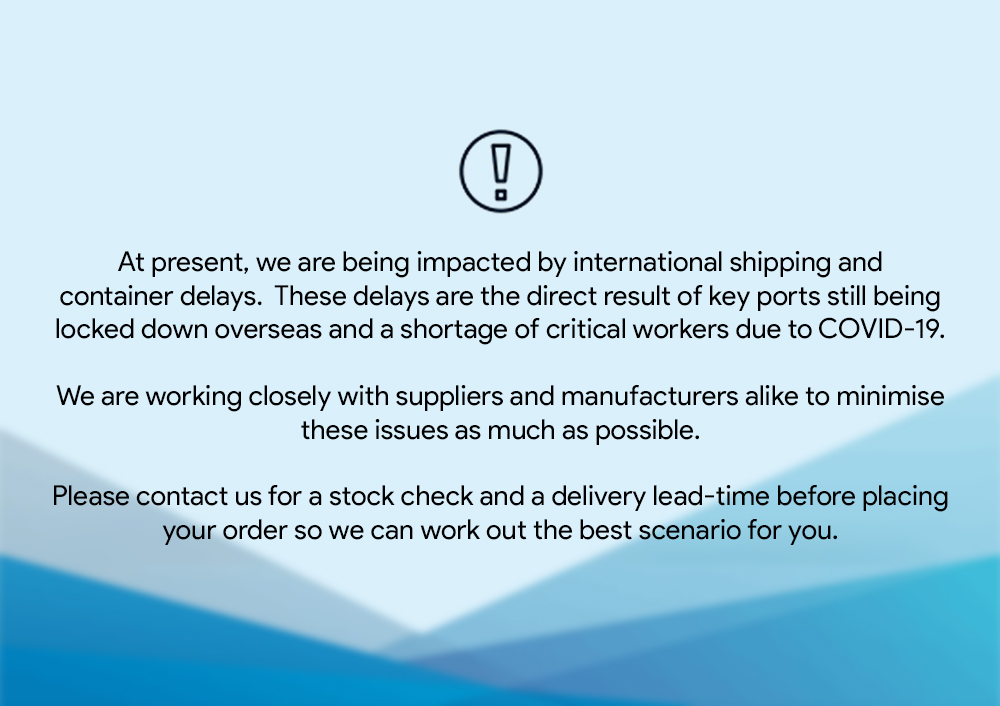Selecting the right office desk is a crucial decision, as it significantly influences your working environment and productivity. When purchasing an office desk, there are numerous factors to take into account, each of which can make a substantial difference in your day-to-day work experience.
Size and Space:
The size of your office desk is perhaps the most fundamental consideration. Before making a purchase, it’s essential to measure the available space in your office. Ensure that the desk you choose fits comfortably without overcrowding the room. This means considering not only the desk’s width and depth but also its height, which should be compatible with your chair and the overall ergonomics of your workspace. An oversized desk might consume too much space, while an undersized one may limit your efficiency.
Purpose and Functionality:
Understanding the primary purpose of your desk is critical. Are you primarily using it for computer work, writing, or meetings? Your work habits and requirements should dictate the style and features you need. For instance, if you work extensively with a computer, you might want a desk with an ergonomic design and ample space for your monitor and peripherals. Consider features like built-in storage, cable management and adjustable height options to tailor the desk to your specific needs.
Material and Build Quality:
The choice of materials and build quality can greatly affect the durability and aesthetic appeal of your office desk. Common materials for office desks include melamine, metal, and glass. Each has its own advantages and disadvantages. Melamine is the most common material as it’s an economical choice and is very durable, even in the most robust commercial environments, and also available in many colour options, while metal and glass offer a more modern and sleek appearance. When evaluating build quality, look for a well-constructed desk with sturdy legs and a smooth, durable surface that can withstand the demands of daily use.
Ergonomics:
The comfort and ergonomics of your desk are critical for your long-term well-being and productivity. If your work involves spending long hours at your desk, consider an adjustable desk that allows you to switch between sitting and standing positions quickly and easily. The desk’s height should be compatible with your office chair to ensure proper alignment and posture, preventing discomfort and musculoskeletal issues.
Storage:
Your storage needs are another key consideration. Evaluate the items you need to keep within arm’s reach and those that can be stored away. Select a desk with adequate drawers, shelves, or compartments to accommodate your office requirements. It’s essential that the storage options are easily accessible and tailored to your workflow, enhancing your organisation and efficiency.
Aesthetics and Style:
The visual appeal of your office desk should not be overlooked. A desk that complements your office decor and personal preferences can create a conducive and visually appealing workspace. Consider the colour, design, and overall style of the desk, as it can significantly impact the atmosphere and your mood while working.
Budget:
Determining your budget is a practical step in the decision-making process. Office desks are available in a wide range of price points. While it’s important to stay within your budget, be mindful of any additional costs, such as delivery fees or assembly charges, which can impact the total cost of your desk.
Durability:
An office desk is an investment, and it should be built to last. The desk’s durability is essential for ensuring it can withstand daily use over the long term. Pay attention to the quality of materials and construction to avoid having to replace the desk prematurely. A supplier that offers a long and comprehensive warranty is a good indication of the quality of their products.
Assembly:
Before making a purchase, consider whether the desk comes ready-to-use or requires assembly. If assembly is necessary, ensure you have the necessary tools and skills, or be prepared to hire a professional for assembly if needed.
Cable Management:
With the prevalence of electronic devices in the modern workspace, cable management is a practical concern. Desks with built-in cable management systems can help keep your cables organised and out of sight, maintaining a clean, safe and efficient workspace.
Mobility:
Depending on your needs, you might prefer a portable desk on castors for easy mobility, or one that is stationary and stable. Mobility can be especially important if you frequently rearrange your office or need to move the desk for different purposes.
Brand and Warranty:
Researching the brand of the desk is a wise step to ensure quality and good customer service. A reputable brand is more likely to offer a reliable and durable product. Additionally, consider the warranty offered, as it can provide peace of mind in case of any defects or issues with the desk.
In conclusion, when buying an office desk, careful consideration of these factors will help you select a desk that not only meets your functional needs but also enhances your workspace and productivity. Remember that your desk is a central element of your work environment, and investing time and thought into your selection will pay off in the long run. Prioritising your specific needs and preferences is crucial in making an informed decision that results in a comfortable and productive workspace.










